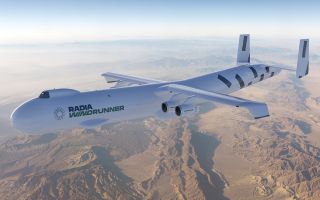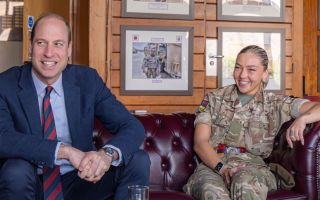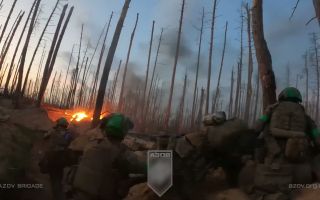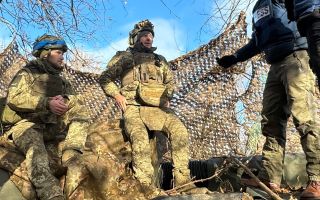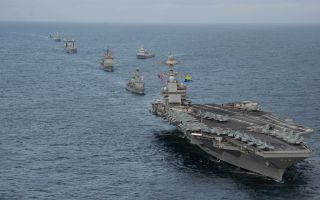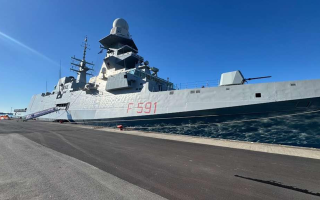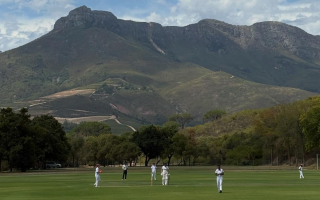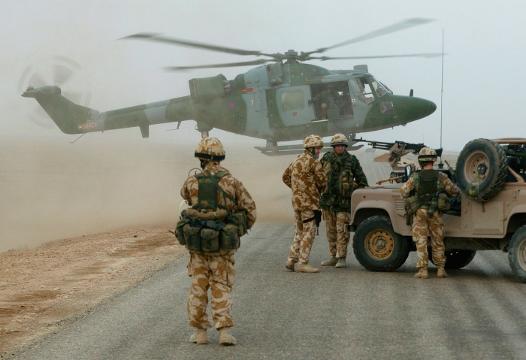
Tri-Service
Chilcot Report To Be Published After Seven Year Wait

The long-awaited inquiry into the Iraq War is to publish its findings, seven years after it first began.
It has heard from hundreds of witnesses, cost millions of pounds and is considering the UKs involvement, how decisions were made and what lessons must be learned.
The initial invasion in to Iraq involved a force of 46,000 - within weeks that was drawn down to around a third of that number.
Some of the events leading up to the invasion of Iraq were investigated back in 2004, in a report on the faulty intelligence about weapons of mass destruction.
Lord Butler, who led that inquiry told Forces TV what questions he thinks the Chilcot Report will need to address:
George W Bush declared Mission Accomplished six weeks after the first assault. It took six more years before the British combat mission was pronounced over.
But the reality has seen personnel remain in varying numbers ever since.
Around 1,100 British personnel, in addition to the Special Forces, are currently involved in operations.
That number does include those on Op Shader, based out of Cyprus – who are flying missions against Daesh in Iraq on an almost daily basis.
The defeat of Saddam Hussein was seen at the time as the end of the war in Iraq but the reality was it was just the beginning.
Six years later Operation Telic was only just coming to a close.
Even then the handover was to US troops to finish the job.
The waves of violence that had consumed Iraq, and killed thousands of civilians, was still not over.
179 British lives had been lost - no chemical, biological, or nuclear weapons had been found.
People in Britain demanded answers and so as the last combat troops came home then Prime Minister Gordon Brown announced an independent inquiry.
For a year and a half the Iraq Inquiry more than a hundred witnesses gave evidence including Gordon Brown while still prime minister, Tony Blair twice and a string of top brass from all three services.
The last evidence was heard in 2011 more than five years on, Britain now expects answers.
For many who lost loved ones this may be the most important question of all.
Some troops had arrived in Iraq without combat body armour.
The inquiry heard claims commanders had been prevented from ordering equipment to avoid a visible military build-up.
The panel had many questions about the use of lightly armoured snatch Land Rovers repeatedly ripped apart by roadside bombs.
A meeting with George W Bush at his Crawford ranch almost a year before the invasion has been central to the inquiry’s questions.
Previously classified notes between the two men may shed more light on what promises Mr Blair made about joining any military action.
While UN weapons inspectors found no chemical, biological or nuclear programmes British and US intelligence insisted they existed. Politicians said this justified invasion.
It’s not clear whether Chilcot can tell us anything new about intelligence failings which have already been investigated.
Many had already made up their minds on the legality of the war. But anyone hoping the inquiry will back their view may be disappointed on Day 1 Sir John Chilcott appeared to rule out a verdict on the legality.
There are hundreds more questions to be addressed, including whether there was enough or indeed any plan for what to do after a military victory.
This inquiry has been going on for longer than British troops were fighting in Iraq, it will deliver more than 2,000,000 words.

